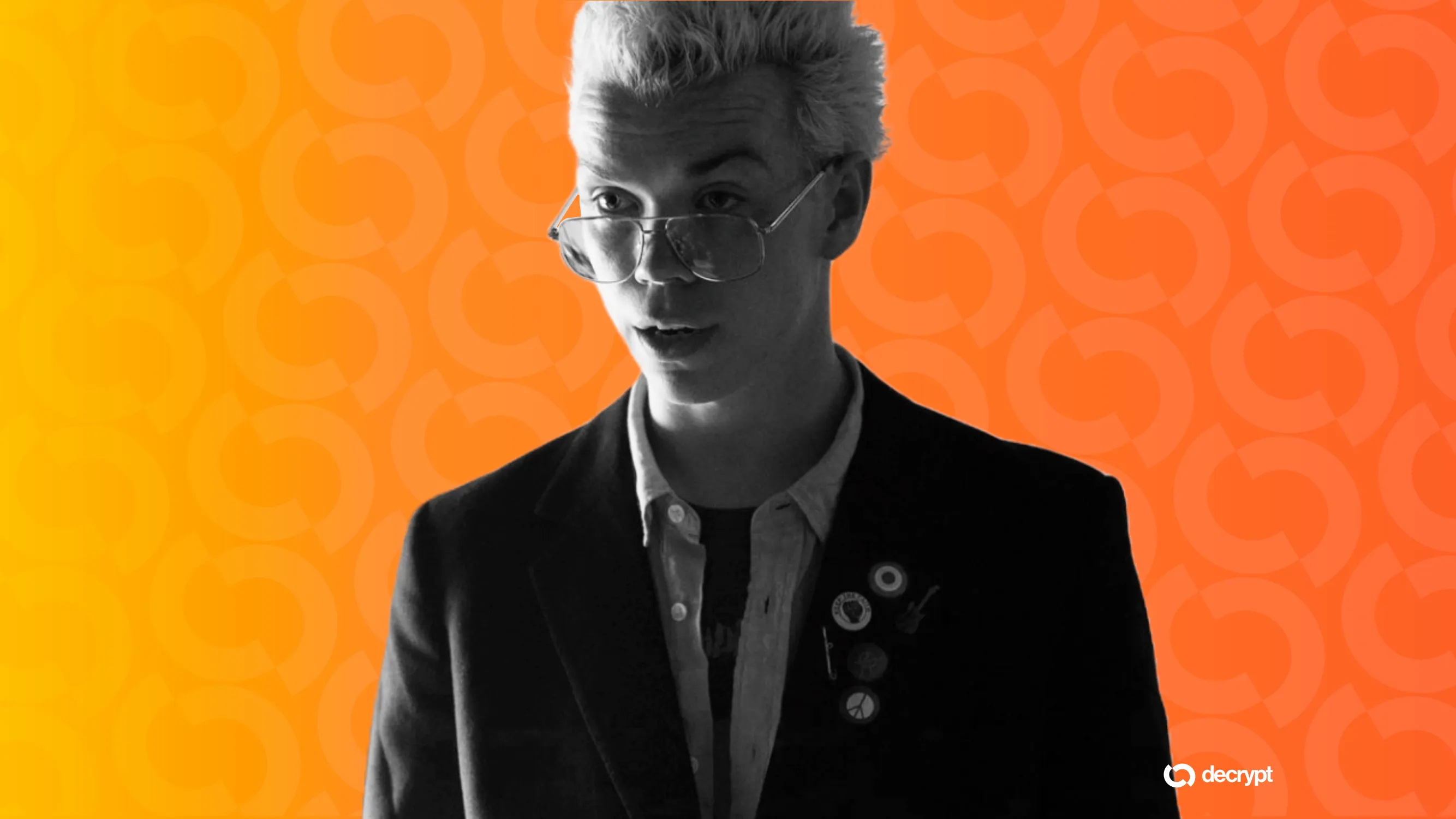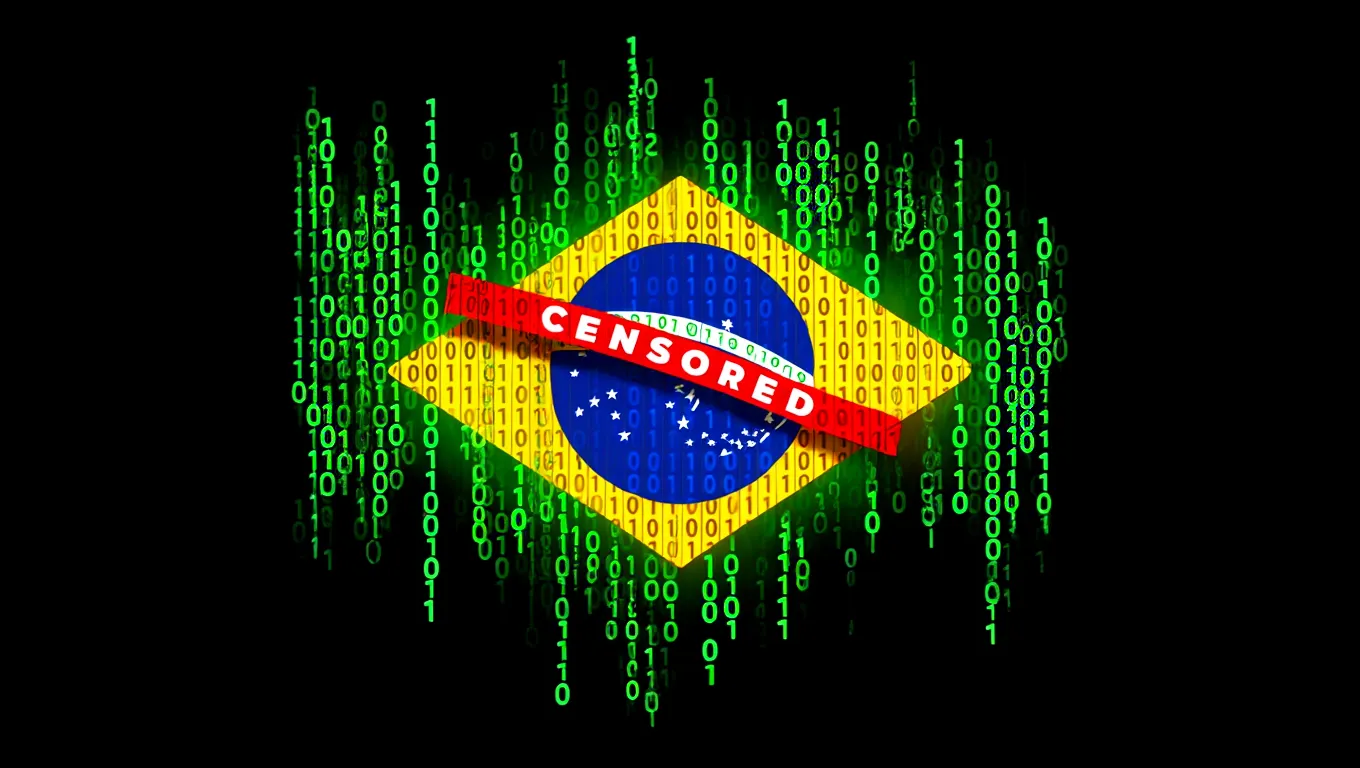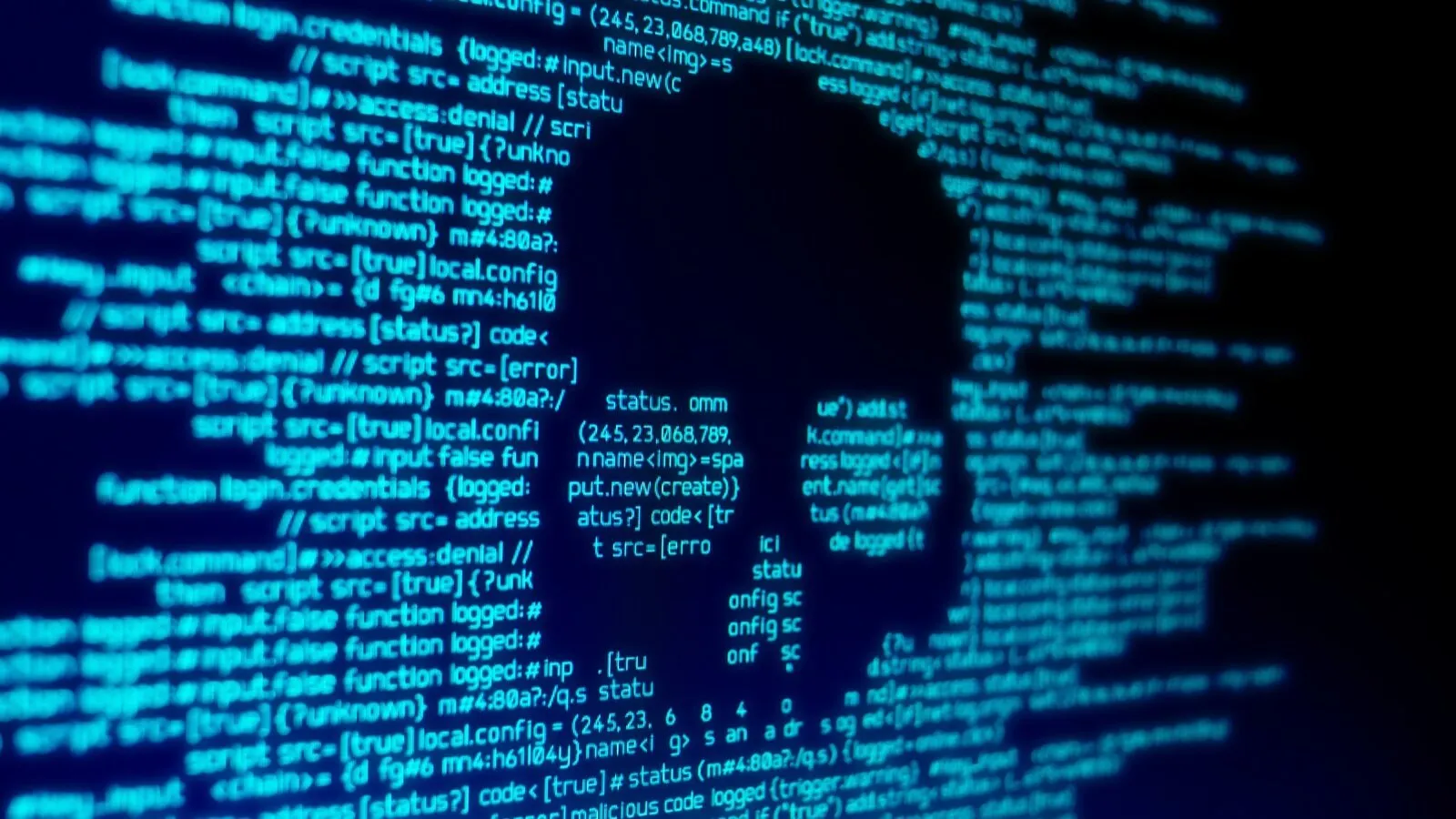Crypto this week was marked by a series of announcements, achievements, and press releases. Block.one’s social media platform, Voice got a launch date; Cryptocurrency wallets went to space, and an official from the French central bank announced intentions to start a digital currency.
Bitcoin Exchange Gemini hires challenger bank co-founder
Bitcoin exchange and custody service Gemini, helmed by the Winklevoss twins, this week hired Julian Sawyer, co-founder of challenger bank Starling, as managing director of its UK and Europe branch. Sawyer will be responsible for determining Gemini’s strategy, developing new products, and leading business operations.
Sawyer’s bank, Starling, was one of the new challenger banks that undercut traditional high street banks with lower exchange rates and better user interfaces. It kind of worked. Sawyer helped the challenger bank to double its customer base in eight months, launch the Euro Account and become the first mobile bank to provide services through the Post Office. But Sawyer evidently felt it was time to abandon ship to the warm, muscular embrace of Cameron and Tyler Winkevoss.
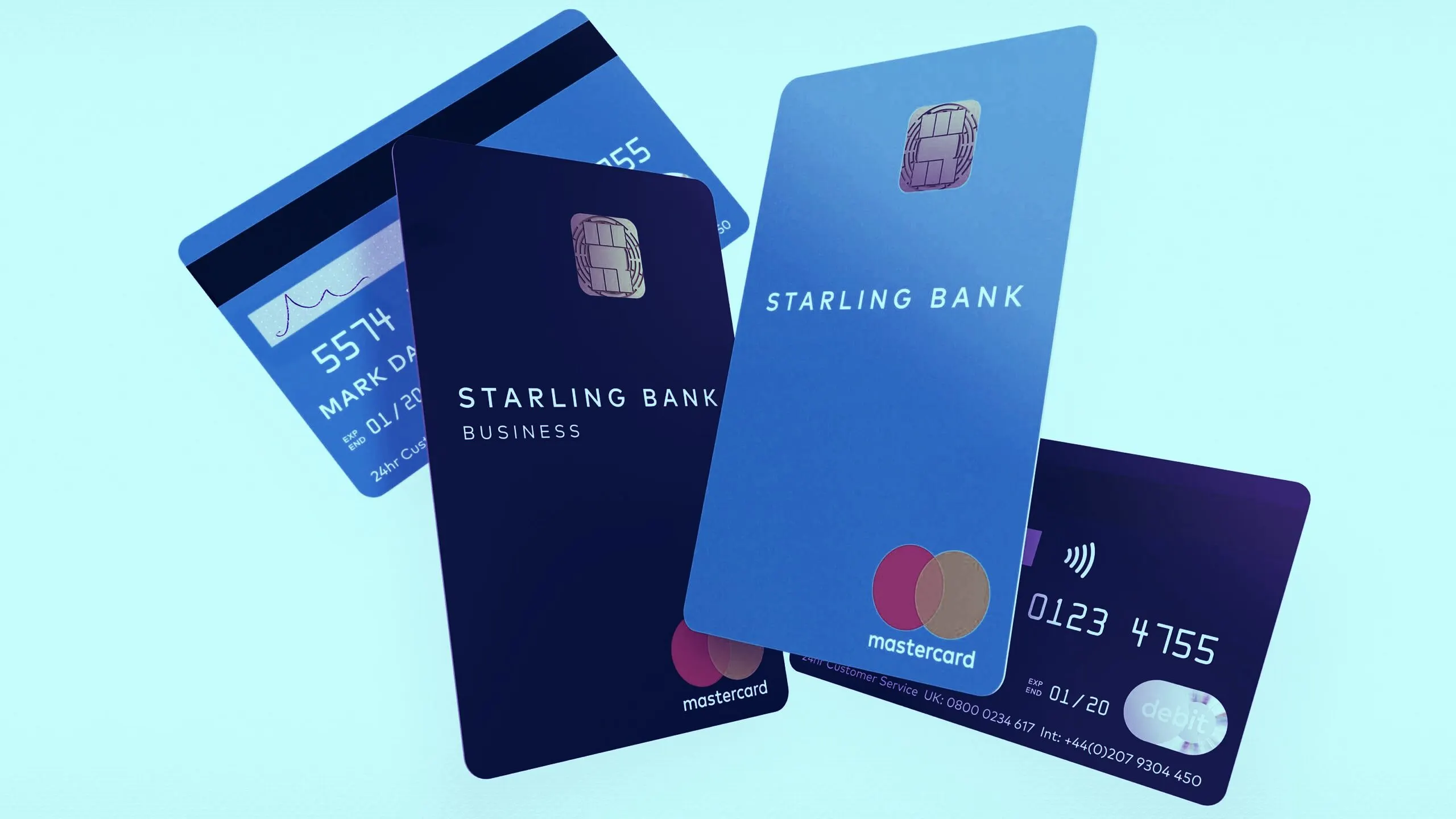
Starling Bank co-founder jumps on the Bitcoin bandwagon
Bitcoin exchange Gemini has appointed challenger bank Starling co-founder Julian Sawyer as managing director of its UK and Europe branch. According to Gemini, Sawyer will oversee its strategic vision across the region. In particular, he will be responsible for shaping this strategy, developing new products and leading business operations. Tyler Winklevoss, CEO of Gemini, said, “Europe is the birthplace of modern financial markets and the United Kingdom (UK) has been a global financial capital...
Over the past few months, Gemini has also appointed Noah Perlman as chief compliance officer, David Damato as chief security officer, Sydney Schaub as general Counsel, Jeanine Hightower-Sellitto as managing director of operations and Robert Cornish as chief technology officer.
France considering experimenting with digital currency
The French central bank governor François Villeroy de Galha said he wants France to be the first country to issue a digital currency. "We intend to start experimenting quickly and launch a call for projects (for private sector players) by the end of the first quarter of 2020," he explained.
The governor said it would be used between banks, rather than by everyday citizens. A digital currency for retail customers would "be subject to special vigilance," and that "thresholds on the amounts of anonymous transactions, as is already done in France for payments in electronic money or cash, could be introduced for this purpose," he said.
De Galha said that building a digital currency would carry with it several advantages. It would guarantee customer access to central bank money as cash faces steep declines; it could make cash more efficient, especially for settlements; and it would maintain the sovereignty of central banks, which is under threat from global stablecoins, like Facebook’s Libra or JP Morgan’s currency.
Elon Musk’s rocket sends crypto wallet to space
SpaceChain, a blockchain + space initiative, strapped a blockchain hardware wallet technology to a SpaceX Falcon 9 rocket, run by business magnate Elon Musk. So did the rocket send the crypto wallet to space, or did SpaceChain? An ambiguity to be resolved by Google News’s search algorithms.
The rocket’s heading to the ISS as part of a resupply mission, where it’ll be installed on a commercial platform in the station. Once it’s all set up, it’ll demonstrate the receipt, authorization, and retransmission of blockchain transactions.
It’ll generate “multisig” transactions, that’ll require multiple signatures to be completed. All information will be sent between the wallet and planet Earth. Earlier this year, SpaceChain received funding from the European Space Agency.

Elon Musk’s SpaceX rocket sends cryptocurrency wallet to space
SpaceChain has sent its blockchain hardware wallet technology to the International Space Station aboard a SpaceX Falcon 9 rocket. The technology is being deployed to the station as part of the CRS-19 commercial resupply service mission and is the first time blockchain hardware has been demonstrated on the ISS. The blockchain wallet will be installed on Nanoracks’ commercial platform in the station and, once activated, will demonstrate the receipt, authorization and retransmission of blockchain t...
Zee Zheng, co-founder, and CEO of SpaceChain, said: “The integration of space and blockchain technologies has uncovered new possibilities and opportunities,” without stating what these possibilities and opportunities may be.
"Blockchain is the next major disruptor in space," added Jeff Garzik, SpaceChain co-founder and CTO. Come on, Jeff, what does that mean? “Through integrating technologies, new paradigms that were once beyond reach can now be created.” I give up. Next!
Voice, EOS-based Facebook killer, gets a launch date
Block.one, the company behind the EOS blockchain protocol, announced a roadmap this week that sets a date for its long-anticipated, social-media platform called Voice.
Users who receive early access to Voice will be the first to test the EOS-powered network on February 14, 2020. The beta program, according to the firm’s announcement, will be used for trial and error to ensure a focus on the users and to strengthen security. The initial version will be available in English only.
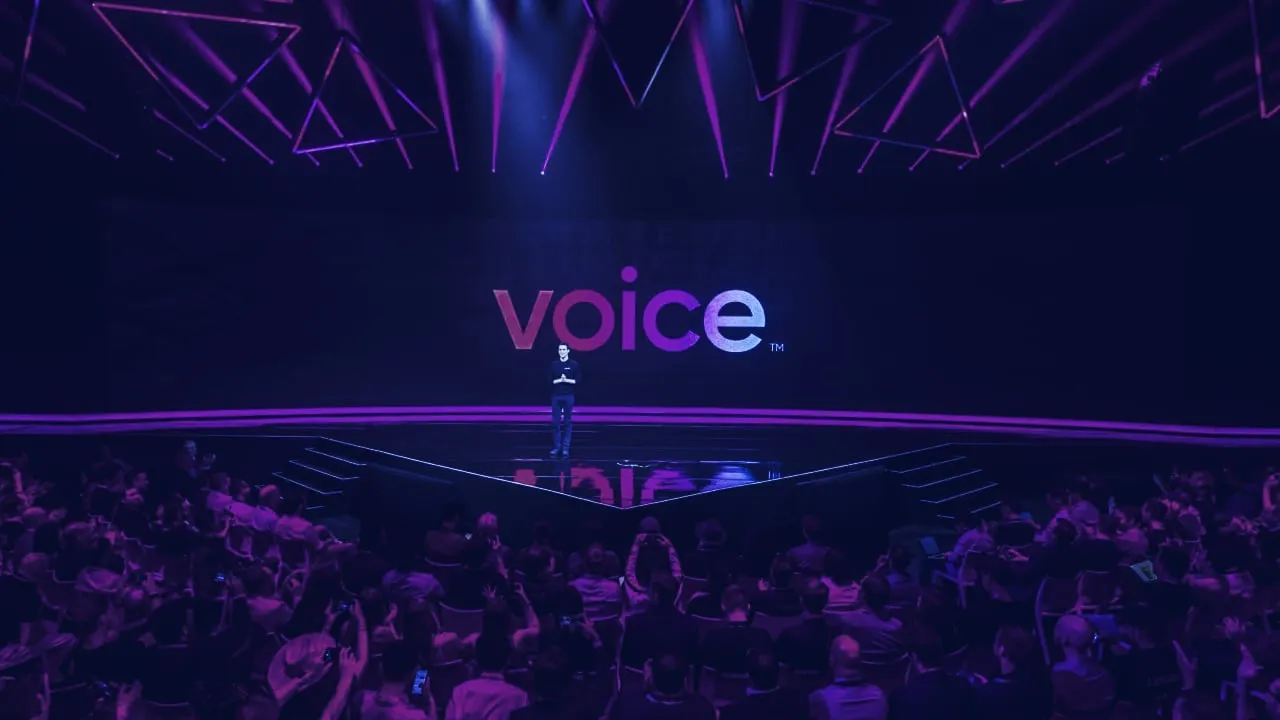
Block.one’s EOS-based Facebook alternative gets a launch date
Block.one, the company behind the EOS blockchain protocol, announced a roadmap yesterday that sets a date for its long-anticipated, social-media platform called Voice. Users who receive early access to Voice will be the first to test the EOS-powered network on February 14, 2020. The beta program, according to the firm’s announcement, will be used for trial and error to ensure a focus on the users and to strengthen security. The initial version will be available in English only. Earlier this year...
Earlier this year, Block.one spent $30 million on the Voice.com domain name hoping to achieve brand recognition. The company had also proposed using an "inflation tax" on EOS-based Voice tokens to recoup their $150 million investment to build the platform.


